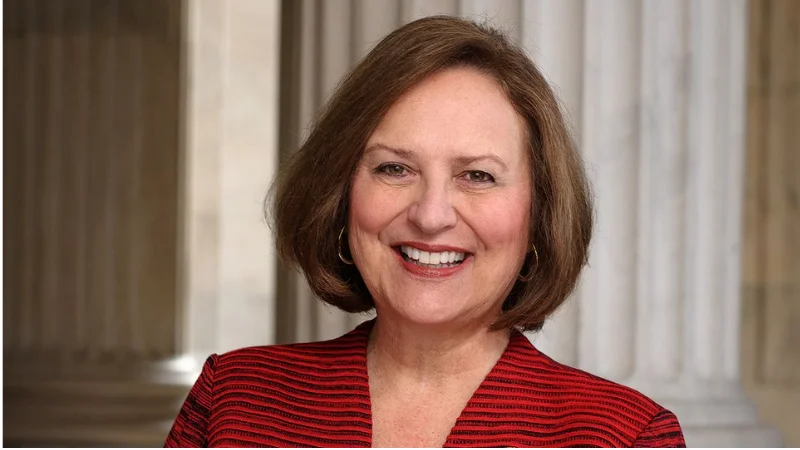Senator Deb Fischer, US Senator for Nebraska | Sen. Deb Fischer Official U.S. Senate headshot
Senator Deb Fischer, US Senator for Nebraska | Sen. Deb Fischer Official U.S. Senate headshot
U.S. Senator Deb Fischer (R-Neb.), a member of the Senate Appropriations Committee, has advanced $54.3 million in funding for military construction projects at Offutt Air Force Base in Nebraska. The funds are part of the Fiscal Year 2026 Military Construction, Veterans Affairs, and Related Agencies (MilCon-VA) Appropriations Act, which is pending consideration on the Senate floor.
“As the proud home of the Air Force’s ‘doomsday’ planes—used by the president and top military leaders to command our forces during extreme crisis—Offutt Air Force Base is essential to our nation’s survival. I was proud to advocate for this funding to ensure that Offutt and the brave men and women who serve there are equipped with the resources they need to continue to defend America against the threats we face,” Fischer said.
The appropriations include several planned investments at Offutt Air Force Base: $19 million for planning and designing a 1-Bay Hangar to support the new Survivable Airborne Operations Center (SAOC), $16 million for a 2-Bay Hangar also supporting SAOC operations, $7.3 million for a Supply Storage Facility tied to SAOC, $6 million for a Consolidated Training Complex/Professional Development Center, and another $6 million for a new dormitory.
In addition to military construction funding, Fischer advanced provisions aimed at supporting veterans. The bill directs the Department of Veterans Affairs (VA) to purchase critical medical devices—including needles, syringes, and blood collection products—from U.S. manufacturers or allied trading partners. It also requires the VA to submit a report on strategies for reducing reliance on Chinese-made medical devices while preventing shortages.
Further provisions require the VA to report on outcomes of its External Provider Scheduling (EPS) program, identify barriers hindering broader implementation, and offer recommendations for increasing participation from community providers.


 Alerts Sign-up
Alerts Sign-up